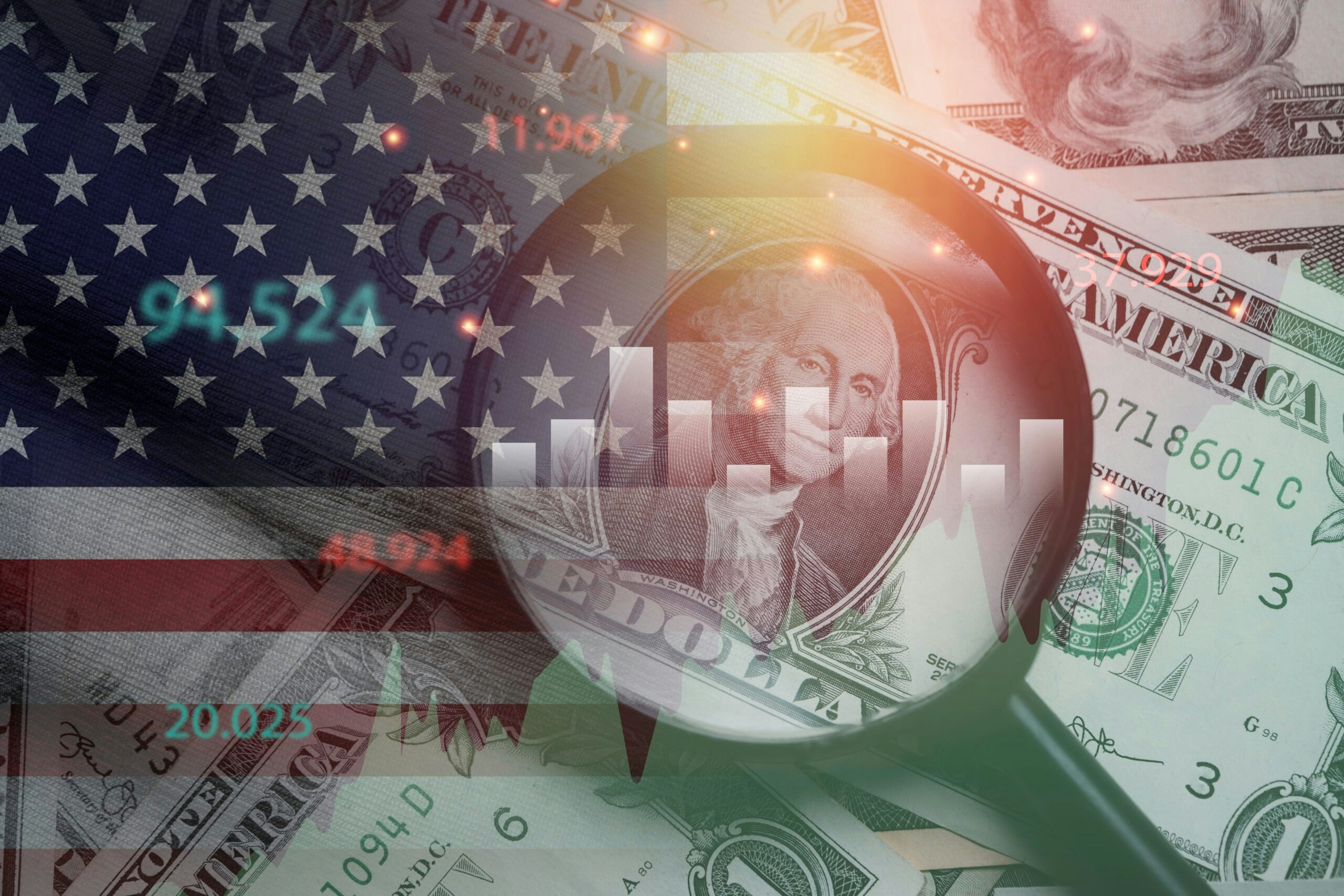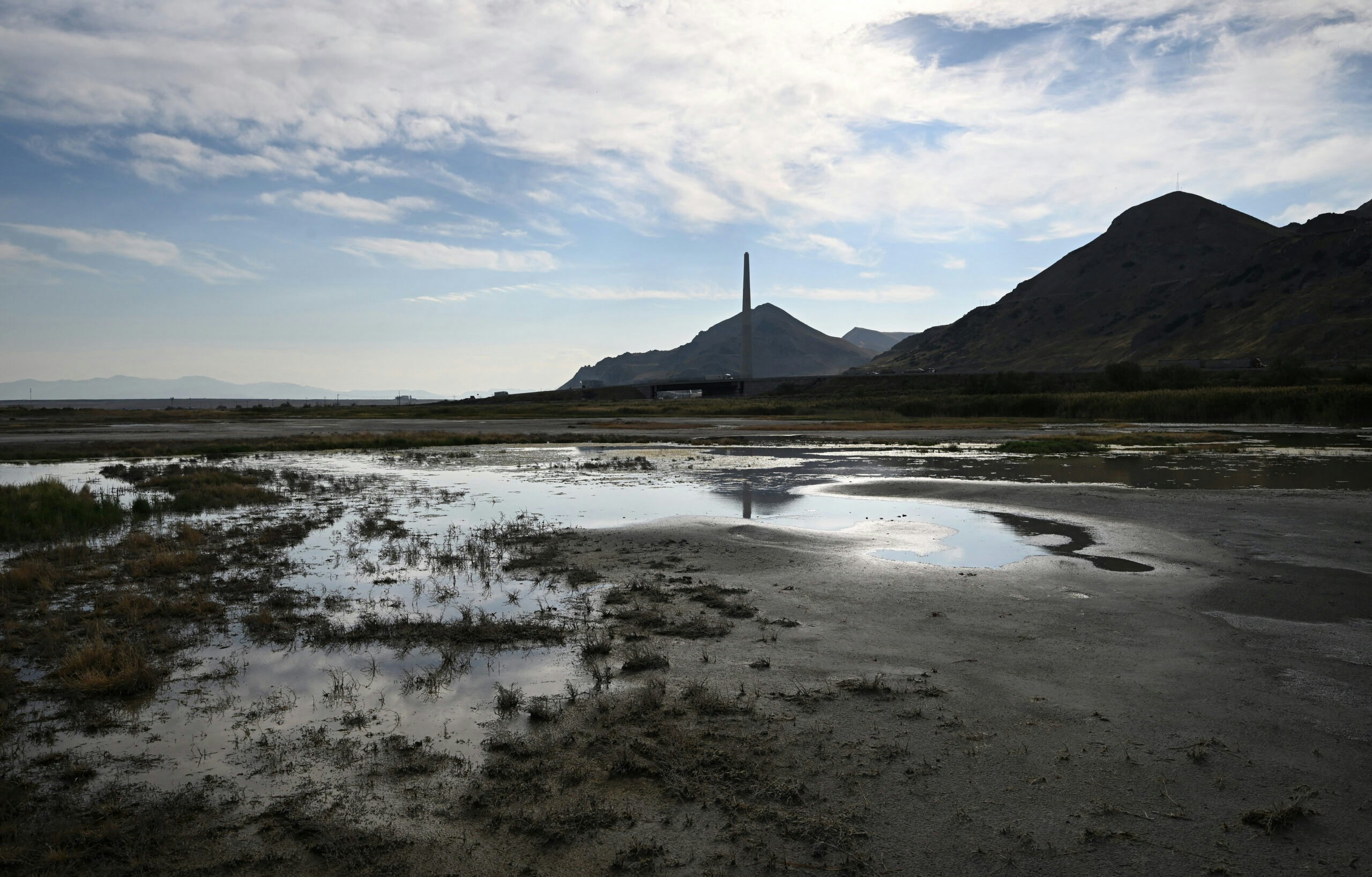When Bob Litan and I were discussing the premise of “Better Capitalism,” our sequel to “Good Capitalism/Bad Capitalism,” we...
When Bob Litan and I were discussing the premise of “Better Capitalism,” our sequel to “Good Capitalism/Bad Capitalism,” we thought we might build the book around the idea that entrepreneurs could push the economy to a sustainable 4% annual growth rate. In the depths of the Great Recession of 2008, this idea was decidedly out of sync with prevailing economic thinking. The grandees were declaring that the economy had somehow shifted as tectonic plates do. The new “frictional unemployment” was going to be 8% and not 4%, as in the past. The old average of 3% annual GDP growth was going to now be 2%. (Current growth is estimated to be slightly more than 1%!) The reasons are all tired by now but revolved around everything but the real causes. The point was we would spend the rest of our days in chronic low growth because Europe was our future. Litan and I wondered how credible we would be writing a serious policy book that envisioned a future of robust growth driven by the most forgotten character in the American economic drama — the entrepreneur. Yes, those college dropouts and inspired middle-aged innovators who invent cool stuff and companies that make them rich. Gone are the days when our future depends on companies with belching smokestacks, sweating workers with heavy tools, making stuff moved by railcars. Happily, our marvelous former colleague, Dane Stangler, had dug up the report of the Rockefeller Brothers Fund, "Prospect for America," issued in 1958. It declared that in the next decade our growth rate ought to be 5% or 6%! Among its authors were real giants of economics who agreed. It’s too bad that today’s economists are so tortured by such cramped visions! Perhaps it’s a symptom of wanting to make sure politicians believe they are credible. Economics as a discipline/profession, after all, counts elected officials among the constituency that pays attention to what we have to say. Among the Rockefeller report’s authors was Walter Heller, who became President John F. Kennedy’s chief economic adviser. Facing a recession at the outset of his administration, President Kennedy was inclined to a Keynesian plan of deficit spending recommended by John Kenneth Galbraith, the self-pronounced keeper of the Keynesian candle in the U.S. But after seeing that a round of deficit spending was not bringing job growth, President Kennedy decided over a course of two years that the circumstances would be better served by a reduction in federal taxes. This was heretical — remember, the notion that FDR had saved the economy by borrowing for public works was universally accepted. FDR would not have cut taxes! Economics was a nearly data-free enterprise, in relative terms, in those days. Expert opinion counted even more then. Only subsequent careful historical analysis has enabled us to see that FDR’s actions likely lengthened the American experience of the global depression. The economic expansion that resulted directly from Kennedy’s tax cut is legendary. It led to a burgeoning demand for new things and likely established the “adventurous” culture of American consumers that, Amar Bhide argues, stimulated the era of entrepreneurial capitalism that crystallized in the 1980s. Today’s entrepreneurs might not have been able to emerge if Kennedy had slowed the recovery with continued deficit spending. Paul Ryan pointed me to another critical influence: an IMF paper by Robert Mundell that influenced JFK’s thinking. It persuasively argued that only a tax cut could stimulate the economy. Armed with Mundell’s thinking, President Kennedy reversed course over the fierce objections of eminent economists. It is worth noting that several accounts of the Kennedy decision omit the influence of Mundell. Perhaps because there is a strain among academics to call Mundell the first “supply-sider,” a school of thinking that is dismissed these days much as Milton Friedman was treated as a fringe thinker back when I was studying economics in a decidedly Keynesian university. A lesson may be taken here as to the cost of ideology in economics. Which draw us to the larger lessons of this tale. For me, apart from noting that one young member of Congress happens to be schooled in economics in some depth, there are lessons in what it is that motivates politicians and economists as they interact. President Kennedy is exceptional in terms of his insistence that the ultimate goal of economics and economic policy is to make policy that delivers growth above all other objectives. Without growth there are no new jobs, no new wealth, and no gain in human welfare. And Mundell stood alone in seeing what the data told him and not what a school of thought said he was seeing. He was an empiricist before he was a supply sider, if indeed that term ever meant anything other than a right-half Keynesian. Heller was a model of pragmatism, and a courageous one at that. He was a committed Keynesian. But he encouraged Kennedy in considering the tax cut. Galbraith and Leon Kesserling were fierce in insisting that the president hadn’t spent enough; the recovery needed more deficit spending and a little more time. (Sound familiar?) Heller, on the other hand, behaved as if he knew that the practice of economics was much more an art than a science. To hear economists pontificate today, they sound as though they enjoy the certainty of, say, electrical engineers, who really do know how electrons move. Unwittingly, and ironically, today’s economists bask in the reputation of “economics as a science” that the discipline got partly because of Heller. His support of the successful tax cut made the job of economic adviser to the president a much more serious professional post. Today, economists with vainglorious career aspirations ready themselves for public service by choosing ideological sides early on. They seem like so many politicians — office seekers, not truth seekers. The discipline and the economy probably suffer as a result. Expanding human welfare as a goal is lost in the drama.




























